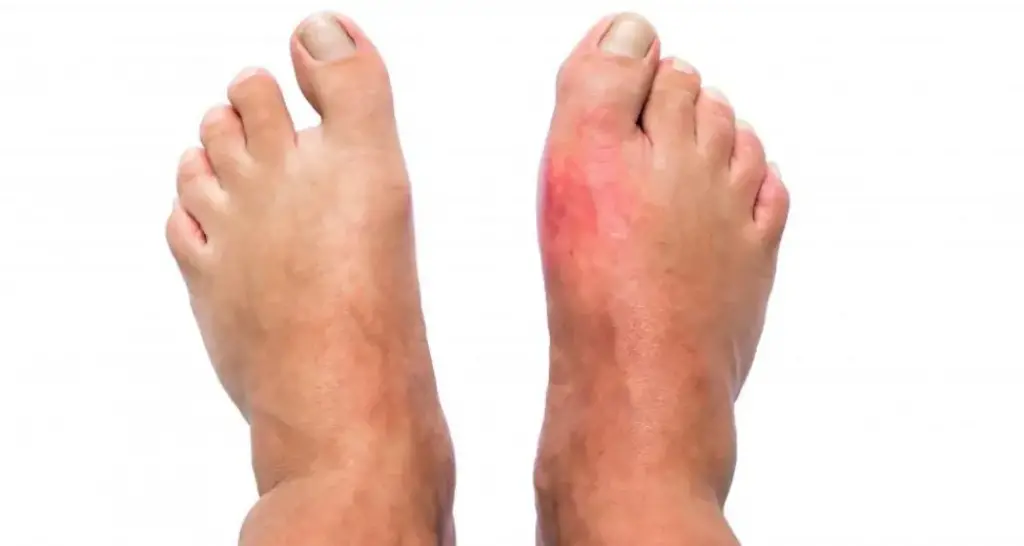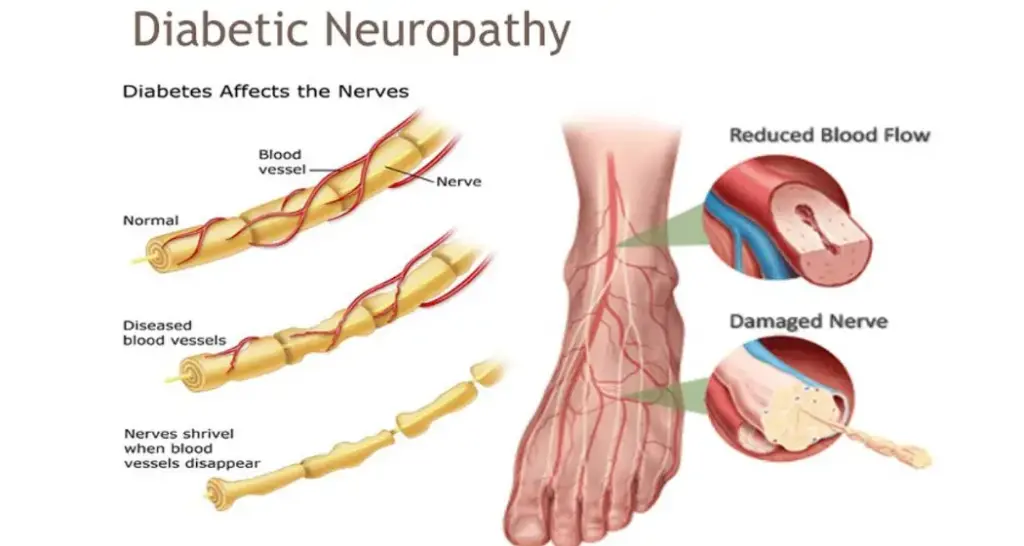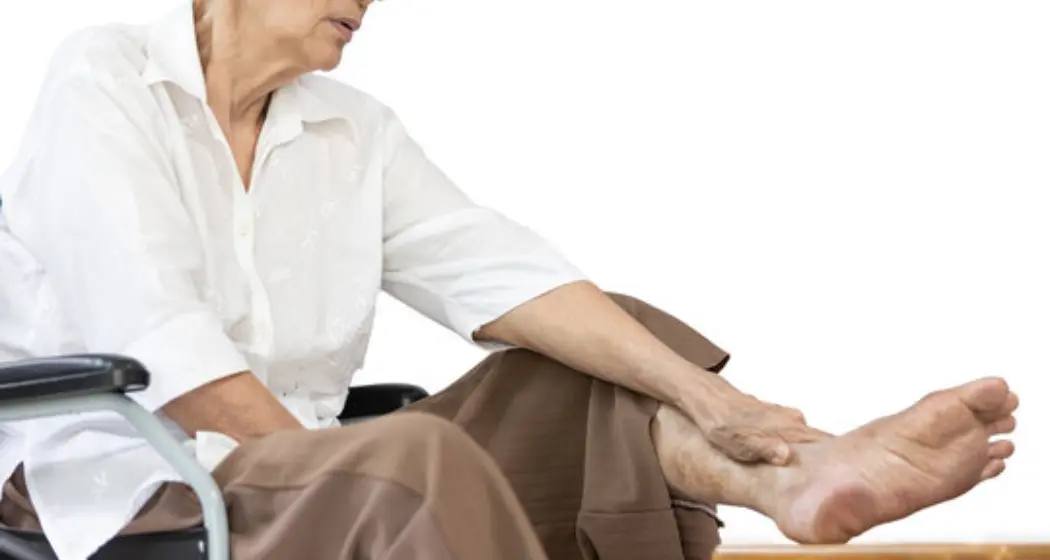We all experience both good days and not so good days. Some days your hair looks fantastic, while on others, it just won’t cooperate. One day, you’re in a great mood, and the next, you’re in a terrible one. You recognize this pattern and even come to expect it. But one thing you didn’t expect was for your painful neuropathy to be so much worse on some days. No, you’re not imagining it! The question is—why is it happening?
Dealing with neuropathy in the feet can make it incredibly challenging to get a good night’s sleep, especially since neuropathy feels worse on certain days. Understanding how to sleep with neuropathy in the feet is crucial for improving your overall quality of life. One reason symptoms might intensify is increased stress, which can make pain management harder and disrupt your sleep routine. Another factor is weather changes; cold or damp conditions can exacerbate neuropathy, making it more difficult to find comfort at night.
Dietary choices and blood sugar levels also play a significant role, with fluctuations potentially leading to heightened pain and discomfort. Physical activity or overexertion during the day might cause more severe symptoms by bedtime. Finally, a poor night’s sleep can trigger a vicious cycle, worsening symptoms the following day. You can better manage these flare-ups and achieve more restful sleep by finding effective strategies to sleep with neuropathy in your feet, such as using supportive pillows or practicing relaxation techniques.
Key Takeaways
- Temperature changes can significantly affect neuropathy symptoms, with cold weather often making symptoms worse.
- Stress levels can exacerbate neuropathy, making it crucial to manage stress effectively.
- Proper blood flow is essential for nerve health; any disruption can worsen neuropathy symptoms.
- Increased sensitivity to stimuli can make neuropathy more noticeable on certain days.
- Fluid accumulation in extremities can intensify neuropathy pain and discomfort.
1. Temperature
Temperature sensitivity is a common issue for individuals with peripheral neuropathy. Cooler temperatures at night can make nerve pain or discomfort worse. Ensuring your sleep environment is comfortable and considering the use of blankets or heating pads can help provide warmth and alleviate symptoms.
Temperature Sensitivity
Some individuals with peripheral neuropathy experience increased sensitivity to temperature changes. Some people with peripheral neuropathy become more sensitive to temperature changes.
Nighttime Discomfort
Cooler temperatures at night can make nerves more sensitive. Why is neuropathy worse at night? Being in certain positions for a prolonged period can also lead to more pressure on the nerves, exacerbating the pain.
Managing Temperature
To manage temperature-related discomfort, consider the following steps:
- Ensure your sleep environment is warm and comfortable.
- Use blankets or heating pads to provide additional warmth.
- Avoid exposure to cold environments whenever possible.

Nighttime changes in body temperature, body position, and fewer distractions can make symptoms worse. Colder nights can make nerves more sensitive, and staying in certain positions for a long time can put more pressure on the nerves.
2. Stress
Stress is a big factor that can make neuropathy symptoms worse. Feeling very stressed or anxious can make your pain stronger, making it more difficult to manage. When you’re upset, worried, and focusing on the pain, it often feels more intense.
Can peripheral neuropathy be caused by stress? While peripheral neuropathy’s exact cause is complex and involves many factors, evidence suggests that stress can play a role in either causing it or making it worse. Continual stress can cause different physical changes in the body, like inflammation and problems with nerve function, which might add to neuropathic symptoms.
Additionally, stress can exacerbate existing neuropathy symptoms by increasing pain perception and reducing the body’s ability to cope with discomfort. While stress alone may not directly cause peripheral neuropathy, managing stress levels is important for overall well-being and may help alleviate neuropathic symptoms.

Emotional State
Your emotional state can also impact both the intensity of your pain and how you interpret that pain. If your stress is caused by neuropathy, try to distract yourself with a book or a movie to take your mind off the discomfort.
Physical Stress
Physical stress and exertion can increase your nerve pain as well. Strenuous exercise and the accompanying soreness can contribute to nerve pain during the night.
Managing Stress
Living stress-free these days is next to impossible, so we just have to do what we can to lessen our stress. Learning how to relax can help decrease some of your daily tension and anxiety. If your stress is due to the neuropathy, try to distract your mind with a book or movie.
3. Blood Flow
Good blood flow is really important for keeping your nerves healthy. Poor circulation can exacerbate neuropathy symptoms and lead to increased pain and discomfort.
Vascular Disorders
Vascular disorders, or circulation-related problems, can significantly impact neuropathy. Not getting enough blood flow can cause peripheral neuropathy. A harmless, temporary version of this occurs when you sit or lie in a certain way and your arm or leg falls asleep. This feeling goes away quickly if you change your position enough for circulation to return. However, more serious circulation problems can lead to severe and permanent nerve damage.

Blood Pressure Changes
Your body usually control blood pressure, but damage to your peripheral nerves can disrupt this process. This can cause to sudden drops in blood pressure or spikes in heart rate, particularly upon standing up.
Sweating Irregularities
Damage to peripheral nerves can result in either excessive sweating or insufficient sweating. This can lead to dryness and scaling on your feet, or excessive sweating in other areas.
Proper blood flow is essential for nerve health, and any disruption can worsen neuropathy symptoms.
4. Sensitivity to Stimuli
Peripheral neuropathy can significantly alter how your body perceives and responds to various stimuli. Individuals with allodynia may have heightened sensitivity and pain responses to various sensory modalities, including light touch, pressure, pinprick, and temperature changes. This heightened sensitivity can make everyday activities extremely uncomfortable.
Types of Sensitivity
- Tactile Sensitivity: Even a light touch can cause discomfort or pain.
- Thermal Sensitivity: Changes in temperature, whether hot or cold, can exacerbate symptoms.
- Pressure Sensitivity: Normal pressure from sitting or lying down can become painful.
Impact on Daily Life
The increased sensitivity can make simple tasks, such as dressing or walking, challenging. It can also make it harder for you to enjoy activities that you used to find enjoyable.
The sensory symptoms of peripheral neuropathy like tingling, numbness, and increased sensitivity to stimuli, which can severely impact your quality of life.
5. Fluid Accumulation
Fluid accumulation in the extremities can significantly impact neuropathy symptoms. When fluid accumulates in the lower extremities, it can raise nerve pressure, causing increased discomfort and pain. This is particularly noticeable at night when lying down, as the redistribution of fluid can further compress the nerves.
How to Prevent Fluid Accumulation
- Elevate your legs: Doing this can help reduce fluid buildup and alleviate symptoms.
- Wear compression stockings: These can improve blood flow and reduce fluid accumulation.
- Focus on good sleep hygiene: Proper sleep habits can help prevent the worsening of symptoms.
Lifting your legs up or wearing compression stockings every day can decrease fluid buildup and ease symptoms at night.
Conclusion
In conclusion, neuropathy can indeed be more severe on some days due to a variety of factors. These factors can involve variations in temperature, physical activity, stress levels, and the timing of activities, all play a role in affecting your symptoms. Recognizing these triggers can empower individuals to effectively cope with their symptoms better and enhance their overall well-being. By paying attention to these factors and making necessary adjustments, those suffering from neuropathy can find ways to alleviate their discomfort and lead a more comfortable life.
Frequently Asked Questions

What is neuropathy?
Neuropathy is a condition marked by damage or dysfunction in one or more nerves, often resulting in symptoms like numbness, tingling, muscle weakness, and pain in the affected area.
Why does neuropathy worsen with changes in temperature?
Temperature changes can affect blood flow and nerve sensitivity, which may exacerbate neuropathy symptoms. Cold temperatures can make blood vessels narrow, reducing blood flow to the extremities. This can lead to heightened pain and discomfort.
How does stress impact neuropathy?
Stress can induce the release of particular chemicals in the body that increase inflammation and pain sensitivity, potentially worsening neuropathy symptoms. Managing relaxation techniques and employing other stress management strategies can help mitigate these effects.
Can poor blood flow contribute to neuropathy?
Yes, poor blood flow can lead to nerve damage and exacerbate neuropathy symptoms. Ensuring good circulation through exercise and other methods can help manage these symptoms.
Why are neuropathy symptoms sometimes worse at night?
Neuropathy symptoms may worsen at night due to reduced distractions, changes in blood flow, increased sensitivity to stimuli, and fluid accumulation in the extremities.
What can I do to manage my neuropathy symptoms?
Managing neuropathy symptoms can involve a combination of medication, lifestyle changes, physical therapy, and stress-relieving practices. It is important to work with a healthcare provider to develop a personalized treatment plan.


